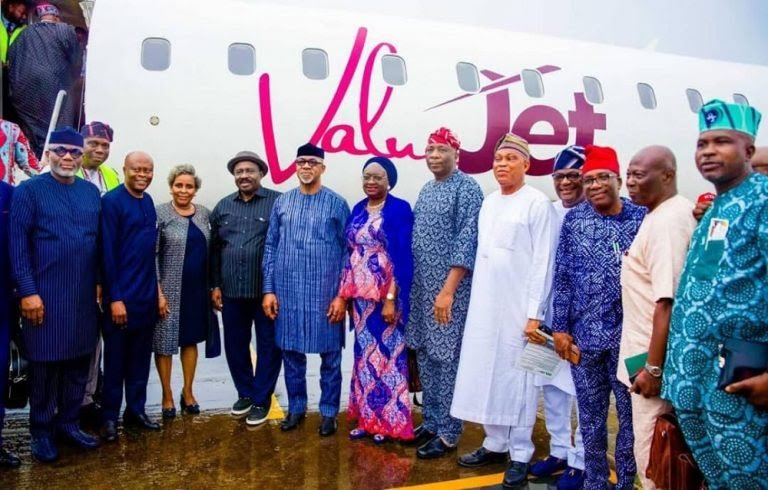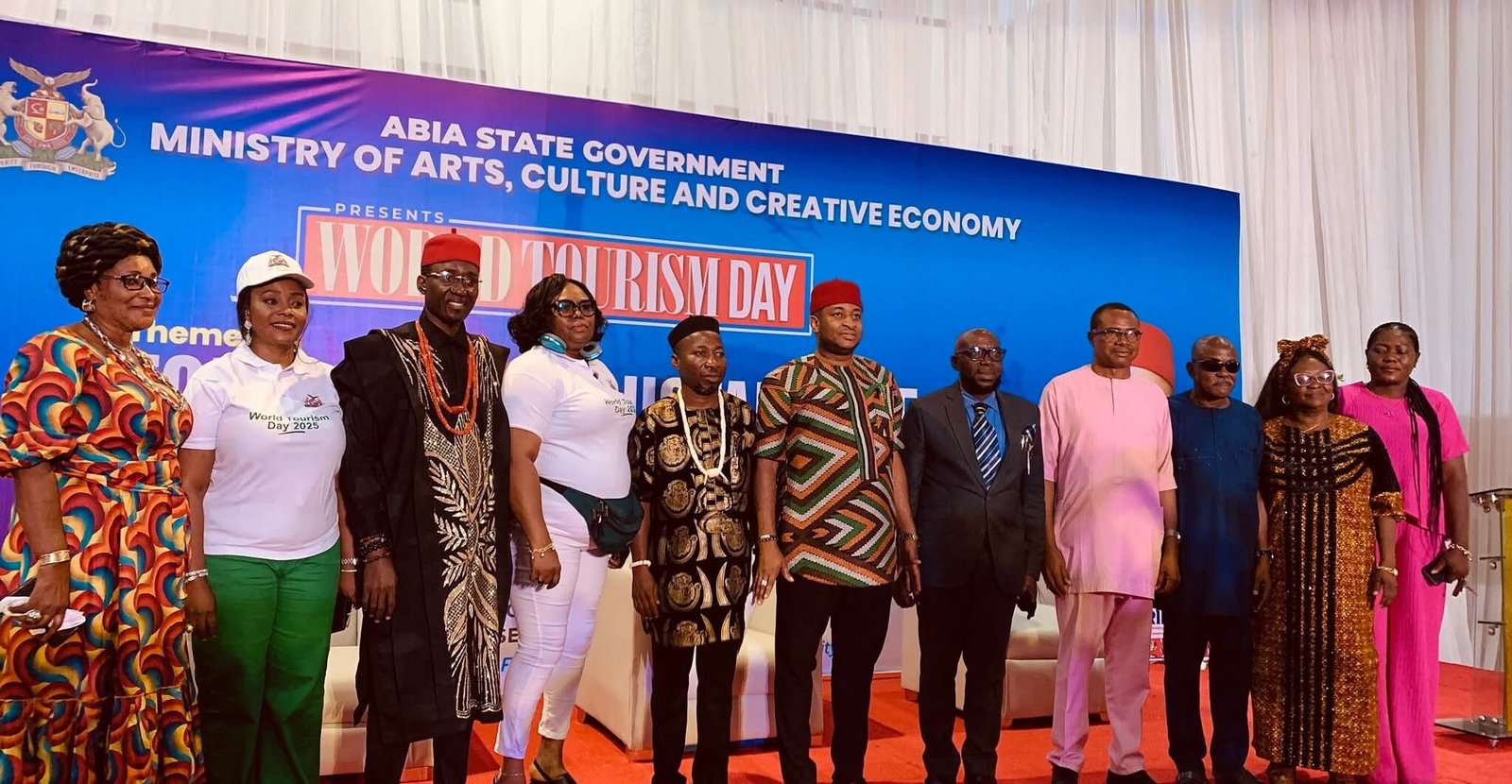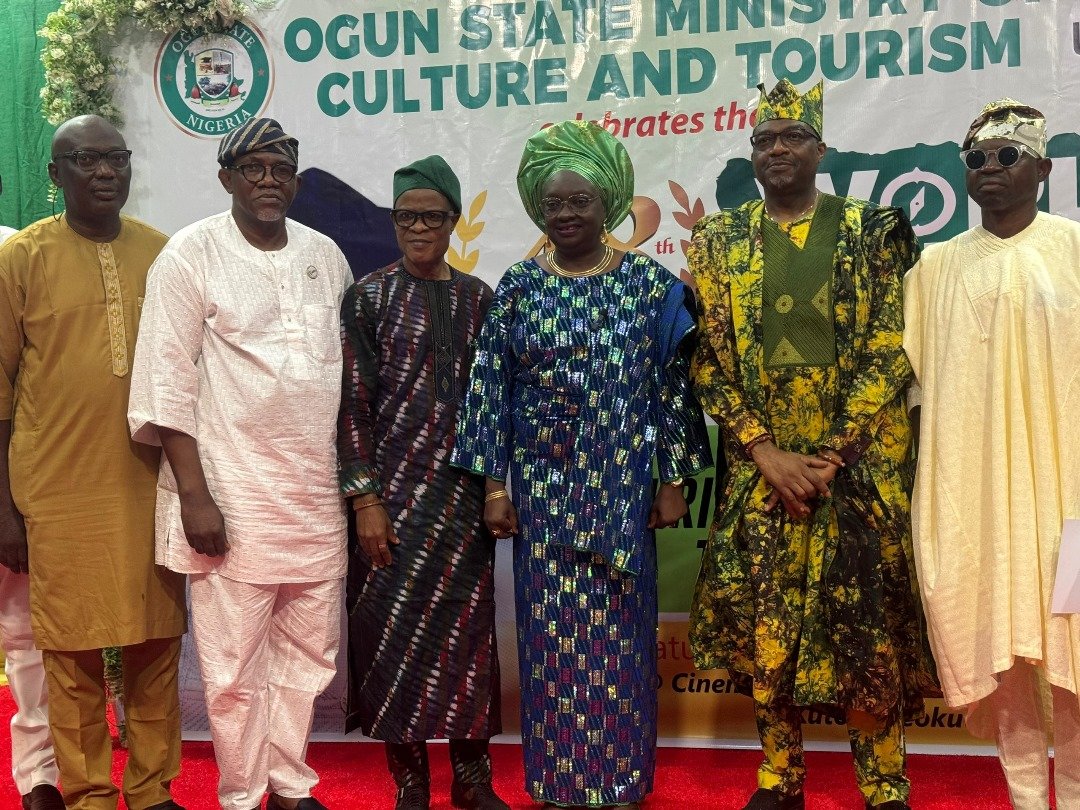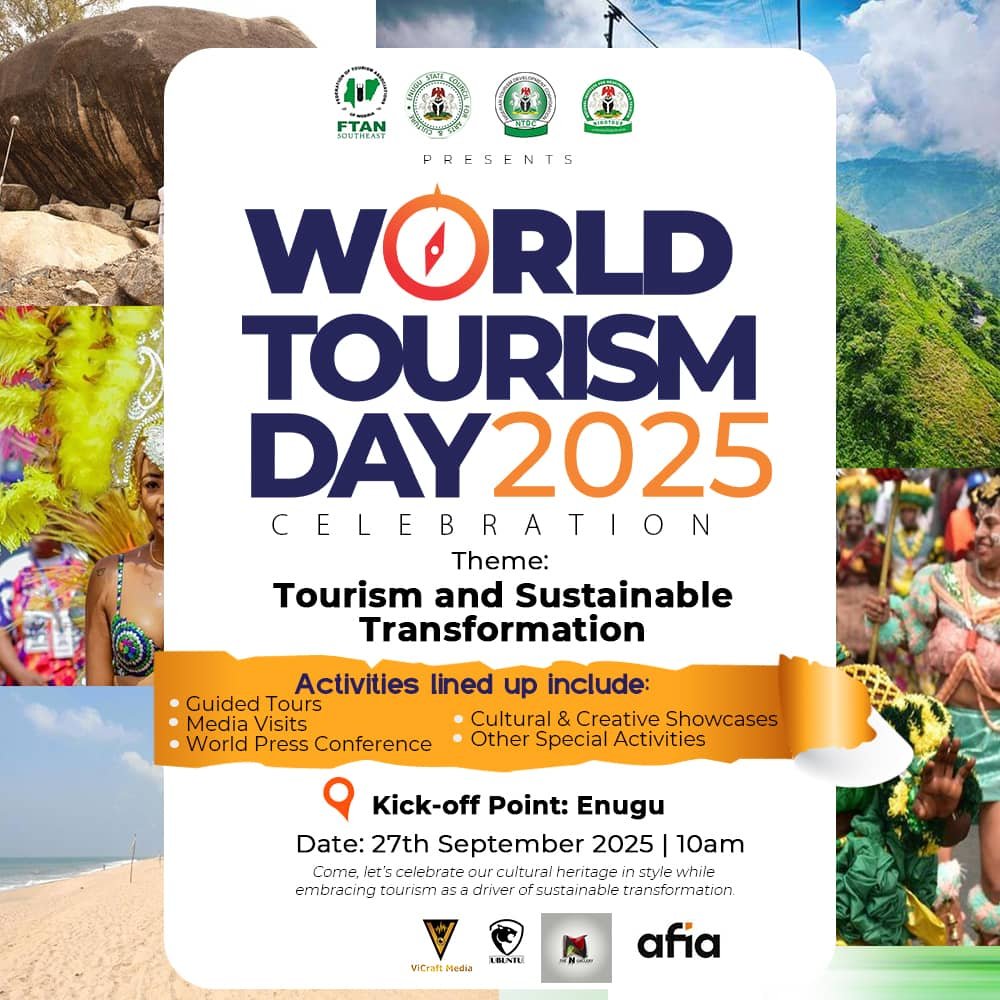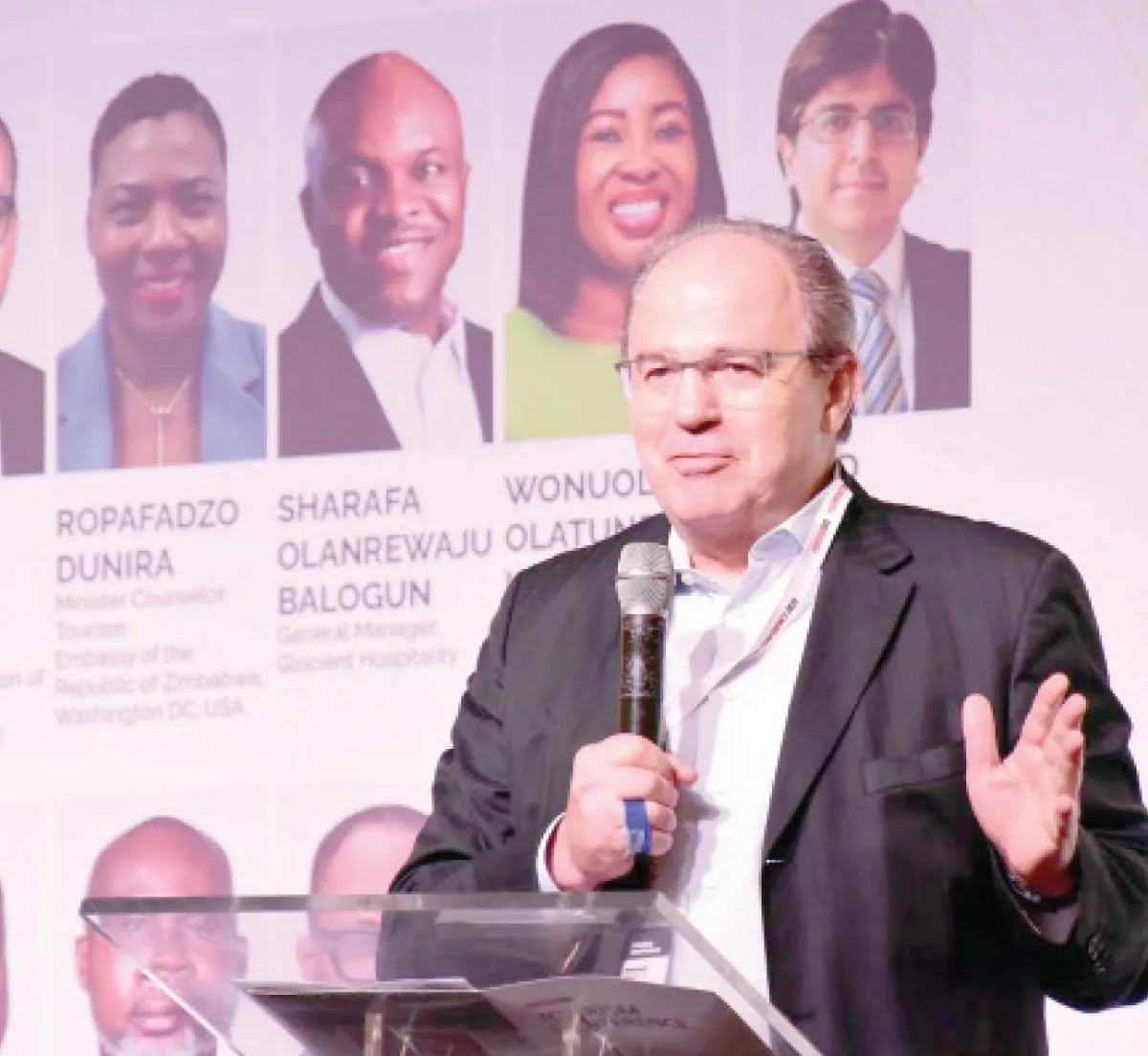
Mr Hala Karl, the Group General Manager (GGM) of Continental Hotels Group, has called for a renewed national focus on telling the “untold story” of Nigeria’s tourism industry, describing it as a critical step toward unlocking the country’s vast economic potential.
Speaking during a hospitality and tourism stakeholders’ forum in Lagos, Mr Karl emphasized that Nigeria’s rich cultural heritage, diverse natural landscapes, and vibrant creative sector remain under-marketed globally, despite having all the components needed to attract millions of international visitors annually.
“Nigeria’s tourism narrative is incomplete,” he said. “We often highlight our challenges, but we fail to consistently package and promote the beauty, history, and experiences that make this country extraordinary. The world doesn’t know our story — and that’s why we’re missing out on billions of dollars in potential revenue.”
Untapped Potential in the Sector
Nigeria, Africa’s most populous nation, boasts a unique mix of coastal beaches, lush forests, waterfalls, wildlife reserves, and centuries-old traditions. However, industry experts say tourism contributes less than 5% to the country’s GDP — far below its potential compared to countries like Kenya, Morocco, and South Africa.
Mr Karl noted that beyond leisure tourism, Nigeria has a promising market in business tourism, religious tourism, and cultural tourism. He pointed out that destinations such as Calabar, Osogbo, Kano, Badagry, and the Mambilla Plateau have the potential to draw global attention if supported by infrastructure development, security, and aggressive marketing campaigns.
Brand Nigeria for the World
According to Mr Karl, rebranding Nigeria as a safe, exciting, and culturally rich destination must be a collaborative effort between the private sector, government, and media. He stressed that storytelling — through documentaries, digital campaigns, festivals, and influencer-led travel experiences — is key to shifting perceptions.
“We must invest in narratives that make people curious and excited about visiting Nigeria,” he said. “When people hear about the Durbar in Kano, the Argungu Fishing Festival, or the Osun-Osogbo Sacred Grove, they should be booking flights, not just scrolling past pictures online.”
He also urged the Nigerian government to streamline visa processes for tourists, introduce targeted tourism incentives, and invest in road and air connectivity to major tourist sites.
The Role of the Hospitality Industry
As the GGM of one of Nigeria’s leading hospitality brands, Mr Karl highlighted the role of hotels and resorts in providing the comfort and experience that keep visitors coming back. He revealed that Continental Hotels Group is investing heavily in staff training, sustainable practices, and property upgrades to meet international standards.
“Tourists are not just buying a room; they are buying an experience. We must ensure our hospitality services are world-class, from check-in to check-out,” he stated.
Call for Public-Private Partnerships
Mr Karl advocated for stronger partnerships between hoteliers, tour operators, airlines, and local communities. He believes such collaborations could lead to the development of integrated tourism packages that make exploring Nigeria easier and more affordable for both domestic and international travelers.
He also proposed the creation of a National Tourism Promotion Council — a dedicated body to unify branding, coordinate festivals, and create a central booking platform for Nigerian destinations
Economic and Social Benefits
Citing research from the UN World Tourism Organization (UNWTO), Mr Karl noted that tourism has a proven multiplier effect, creating jobs across transport, food, culture, and entertainment sectors. He stressed that if Nigeria captured even a fraction of Africa’s tourism inflow, the sector could employ millions and generate foreign exchange earnings comparable to the oil sector in the long term.
“Tourism is more than leisure; it is a driver of national pride, cultural preservation, and economic diversification,” he said.
A Vision for the Future
Mr Karl concluded with a rallying call to stakeholders:
“The untold story of Nigeria’s tourism is not just about places; it’s about our people, our spirit, and our resilience. If we tell it well, the world will listen — and they will come.”
Industry observers at the event agreed that with sustained investment, improved infrastructure, and a consistent marketing push, Nigeria could reposition itself as one of Africa’s premier travel destinations within the next decade.




